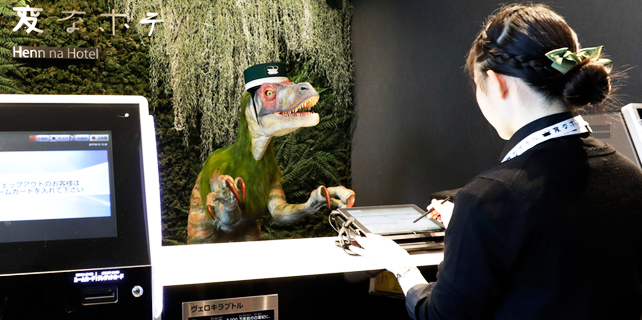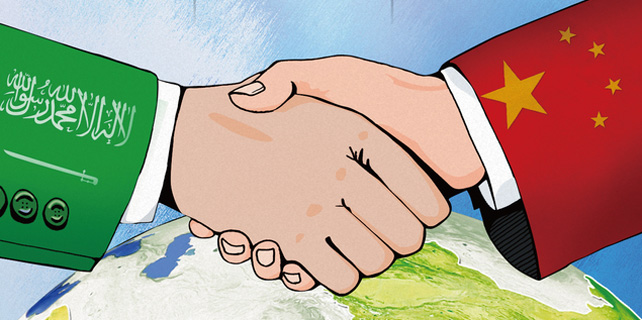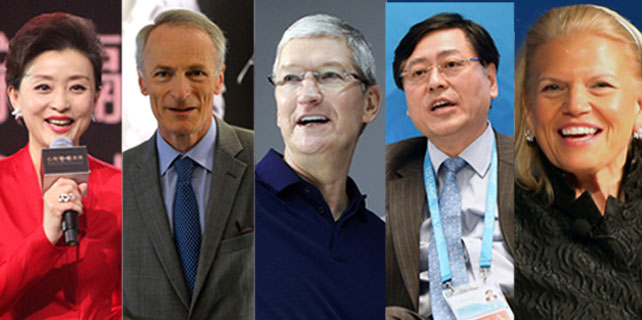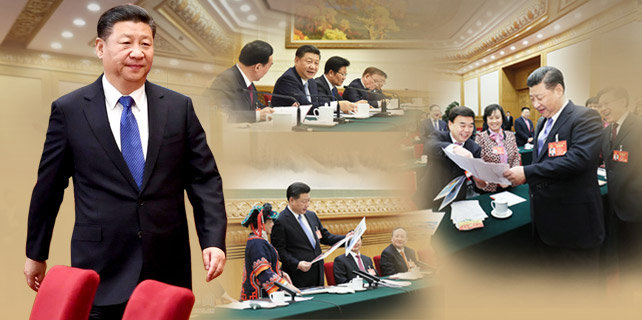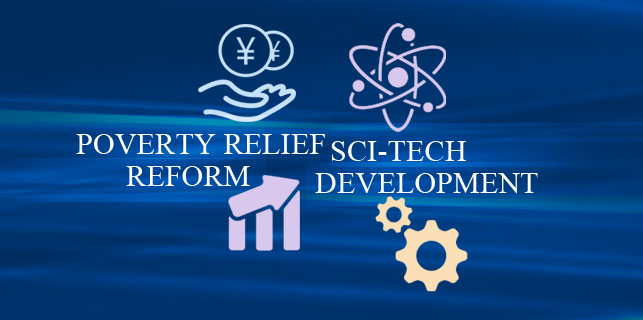Trade war not seen as likely for US, China
Economists don't see a trade war or major conflict in the area between the United States and China this year, citing its mutually destructive nature and the busy domestic agenda for US President Donald Trump's administration.
Premier Li Keqiang warned the US about starting a trade war, while expressing optimism that the world's two largest economies could keep relations steady.
"We do not want to see any trade war breaking out between the two countries. That wouldn't make our trade fairer," Li told a press conference on Wednesday at the end of the annual plenary session of the National People's Congress, China's legislature.
During his presidential campaign, Trump had threatened high tariffs on Chinese exports to the US and naming China a currency manipulator.
David Dollar, a senior fellow at the Brookings Institution and a former US Treasury official, said one of the areas China has made some progress is in the exchange rate.
He said China has been striving to keep its exchange rate high, not low.
"I think naming China a currency manipulator doesn't make sense in the current environment," Dollar told a seminar on the China and US economies at the American Enterprise Institute (AEI) on Thursday.
Brad Setser, a senior fellow at the Council on Foreign Relations, emphasized that the US should hope for a stable exchange rate for the Chinese currency.
"We shouldn't be trying to destabilize China's efforts to manage its currency when China is managing its currency in a way that is largely consistent with US interests," said Setser, who served as the deputy assistant secretary of treasury for international economic analysis from 2011 to 2015.
Derek Scissors, a resident scholar at AEI, said he doesn't believe that the US will take strong actions against China this year, given the full plate in the Trump administration.
While tariffs on steel and auto parts might be likely,
Scissors doesn't believe there will be significant action. But he is worried that if the Trump administration does not make progress in domestic tax reform, labor market participation and wage growth in the coming year, there will be a lot of pressure on the Trump administration to take protectionist measures.
"My worry is not this year. My worry is next year," he said.
Setser agreed, saying the target this year is NAFTA (North America Free Trade Agreement), not China.
Desmond Lachman, a resident scholar at the AEI, pointed out that a lot of the things that the US has done do not make much sense. He said to solve the economic problems between China and the US, both sides need to have a constructive dialogue instead of blaming each other.
"It's really going to take common sense on both sides to sort this out," said Lachman, a former IMF official and a former managing director and chief emerging market economic strategist at Salomon Smith Barney, an investment bank.
Dollar, of Brookings, warned that high tariffs directed at China will backfire, including hurting US allies such as Japan and South Korea and even US companies, which are all in the same supply chain.
Dollar believes that if the US takes major protectionist measures against China, China will retaliate, adding, "We will all end up poor" if these measures magnify on both sides.
He called it good news that President Xi Jinping and President Trump are planning to meet soon. "The two countries should continue to have a dialogue," he said.
chenweihua@chinadailyusa.com





